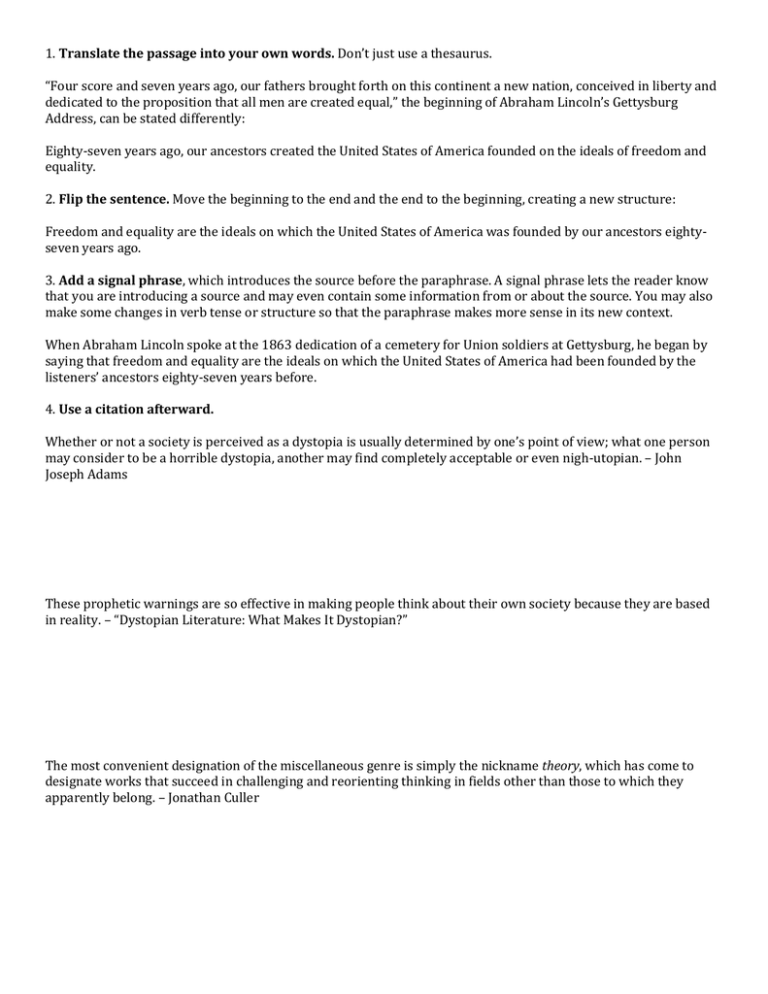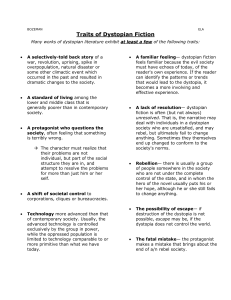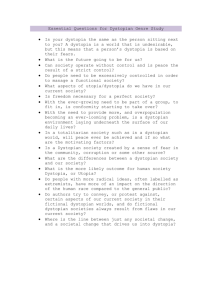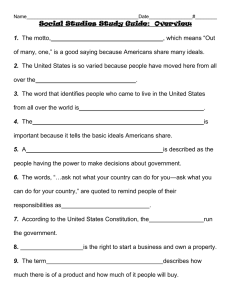Translate the passage into your own words.
advertisement

1. Translate the passage into your own words. Don’t just use a thesaurus. “Four score and seven years ago, our fathers brought forth on this continent a new nation, conceived in liberty and dedicated to the proposition that all men are created equal,” the beginning of Abraham Lincoln’s Gettysburg Address, can be stated differently: Eighty-seven years ago, our ancestors created the United States of America founded on the ideals of freedom and equality. 2. Flip the sentence. Move the beginning to the end and the end to the beginning, creating a new structure: Freedom and equality are the ideals on which the United States of America was founded by our ancestors eightyseven years ago. 3. Add a signal phrase, which introduces the source before the paraphrase. A signal phrase lets the reader know that you are introducing a source and may even contain some information from or about the source. You may also make some changes in verb tense or structure so that the paraphrase makes more sense in its new context. When Abraham Lincoln spoke at the 1863 dedication of a cemetery for Union soldiers at Gettysburg, he began by saying that freedom and equality are the ideals on which the United States of America had been founded by the listeners’ ancestors eighty-seven years before. 4. Use a citation afterward. Whether or not a society is perceived as a dystopia is usually determined by one’s point of view; what one person may consider to be a horrible dystopia, another may find completely acceptable or even nigh-utopian. – John Joseph Adams These prophetic warnings are so effective in making people think about their own society because they are based in reality. – “Dystopian Literature: What Makes It Dystopian?” The most convenient designation of the miscellaneous genre is simply the nickname theory, which has come to designate works that succeed in challenging and reorienting thinking in fields other than those to which they apparently belong. – Jonathan Culler


